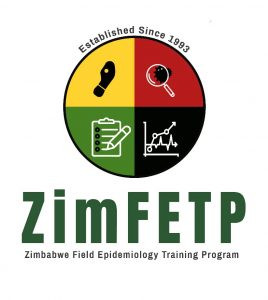
TWENTY health professionals have graduated in disease surveillance under the Frontline Field Epidemiology Training Programme (FETP) to bolster public health surveillance systems across the country.
According to the Zimbabwe Field Epidemiology Training Programme (ZimFETP), the graduates are expected to play a pivotal role in early detection and rapid response efforts as the country continues to face challenges such as malaria outbreaks, maternal health concerns, and emerging zoonotic diseases.
The graduates from the Health and Child Care ministry were drawn from Zvishavane and Mberengwa (Midlands) and Rushinga and Guruve (Mashonaland Central).
The United States Centers for Disease Control and Prevention (CDC) funded the training.
“These graduates… are now equipped with advanced skills to drive local disease surveillance and outbreak response,” the ZimFETP said in a statement.
“We extend deep appreciation to the US CDC for funding this cohort.”
The ZimFETP post described the agency’s support as “vital” to strengthening Zimbabwe’s health security.
The training culminated in research presentations that underscored the programme’s critical role in national health security.
- Feature: The nightmare of raising diabetic children
- All you need to know about whooping cough as fatal outbreaks rise
- 20 graduate as frontline disease surveillance experts
Keep Reading
Notable projects included Delight Mutsamba’s analysis of dog bites in Rushinga district and Takawira Chichevo’s investigation into maternal deaths in Zvishavane.
The Frontline FETP is a short-term, field-based training model designed to improve disease detection and response at the district level.
It focuses on practical epidemiology, data analysis, and communication of findings to support timely decision-making in public health.










